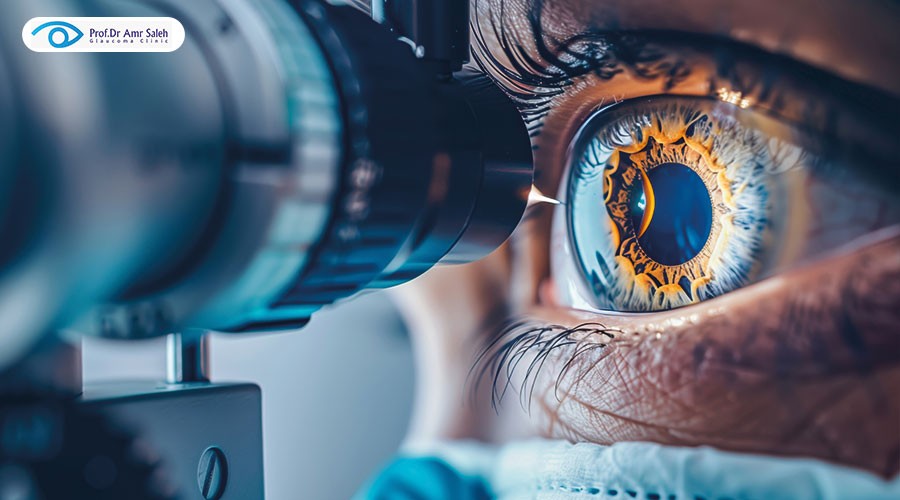Vision correction operations

Vision correction operations
There are many types of vision correction operations, and each type has its own advantages and disadvantages.
The most common types of vision correction operations are:
Laser surgery: Laser surgery uses laser beams to reshape the surface of the cornea, the clear layer covering the front of the eye. Types of laser surgery include:
Classic LASIK: It is the most common type of laser surgery. It is used to correct nearsightedness and farsightedness. In these cases, the laser is performed after lifting the surface layer of the cornea
Detailed LASIK is used to treat visual defects associated with astigmatism or refractive defects of the eye.
Surface LASIK (PRK): It is a type of laser surgery in which the laser is directed directly to the surface of the cornea. It is the best option for some patients with a thin cornea.
Femto-laser: It uses femto-laser technology to create femto-LASIK: Femto-LASIK uses a laser to create a flap in the cornea before reshaping it. It is more accurate than laser techniques to raise the surface layer of the cornea, after which vision correction is performed by directing the laser to the middle layers of the cornea to correct vision defects. It is considered the latest technology in this group of surgeries.
Intraocular lens implant surgery.
It is an operation in which an artificial lens is implanted inside the eye to improve vision. It is preferable to perform this surgery in patients who suffer from high myopia and a thin cornea, which prevents laser vision correction.
Before performing any operation to correct vision, the necessary tests must be performed after the clinical examination and evaluation of the condition, after which the patient is discussed with the options available to improve vision and the advantages and disadvantages of each method in the patient’s case before making the appropriate decision for the patient’s condition to obtain the best results, whether in the short or long term.
And deviate
It is important to discuss all available options with your eye doctor before deciding on the type of vision correction surgery. Your eye doctor will evaluate your condition and determine the best treatment for you.
Here are some things to consider when choosing vision correction surgery:
• The type and severity of your vision defect.
• Your general health.
• Your lifestyle and expectations.
• The cost of the operation.
• The potential risks and benefits of each operation.
